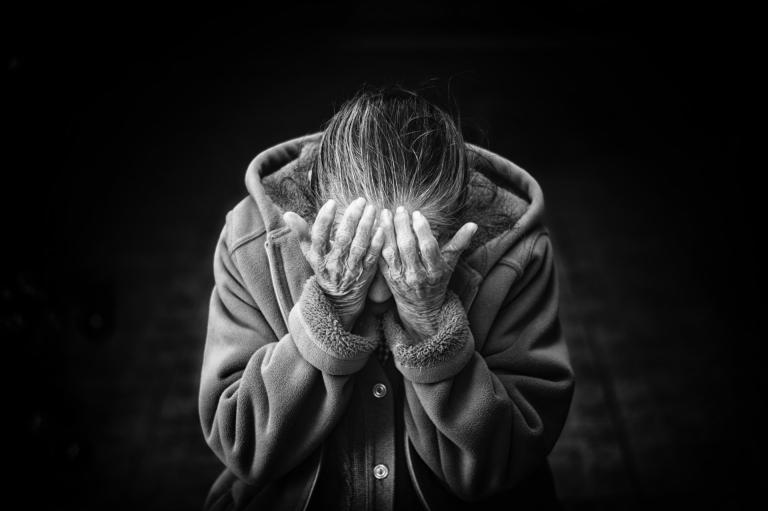In times of suffering, it’s natural to want to comfort others. It’s admirable, in fact. And it demonstrates a desire to help, to walk alongside of others.
It’s also natural to think that drawing comparisons with our own experience is an effective way to do that. After all, it establishes a common bond. It lets people know that we know how they feel. And it says, “You are not alone.” Doesn’t it?
In a word, “No”.
If our own experience is comparable, it doesn’t really matter. The loss or suffering someone else undergoes is inescapable. It cannot be erased by knowing that others have had similar experiences. And sharing that experience forecloses on the ability of others to have a space in which they can name and begin to confront the many layers to the loss that they have experienced. If there is something comparable or helpful in your experience, the person who is grieving will discover it.
If our experience isn’t comparable, it can actually make matters worse. If you compare a recoverable disease to a terminable disease, you have trivialized the experience of the friend you are seeking to comfort. If you compare a kitchen fire with the loss one experiences when their home is wiped off of its foundations, you have trivialized their experience. When that happens, those who are suffering feel patronized, not helped, by what we say.
When we do this, we also court the danger of being an authority on the suffering of others, capable of telling them how they feel and what they should feel. Whether that is really what we mean to do or not, we shift the focus to ourselves. We anger those we seek to comfort. And we add to their suffering. We don’t alleviate it.
The other thing to remember is that all suffering is, at some level, both personal and autobiographical. Knowing that others have suffered may – in time – make those who suffer loss more vulnerable to the needs of others or it may lend perspective to their experiences. But that is a deeply personal journey that each of us must make, and running roughshod over the loss of others, robs them of the opportunity to grieve and – eventually – to find some measure of healing.
Finally, we all need to remember this: It is perilously easy to think we are comforting others, while – in fact – what we are really doing is processing our own grief and loss. That may often be the unanticipated gift in comforting others. But it should never govern our care for others. What those who grieve and suffer need most from us is our presence, availability, and love.
For more, see: The Dave Test: A Raw Look at Real Faith in Hard Times
Photo by Richard Jaimes on Unsplash













